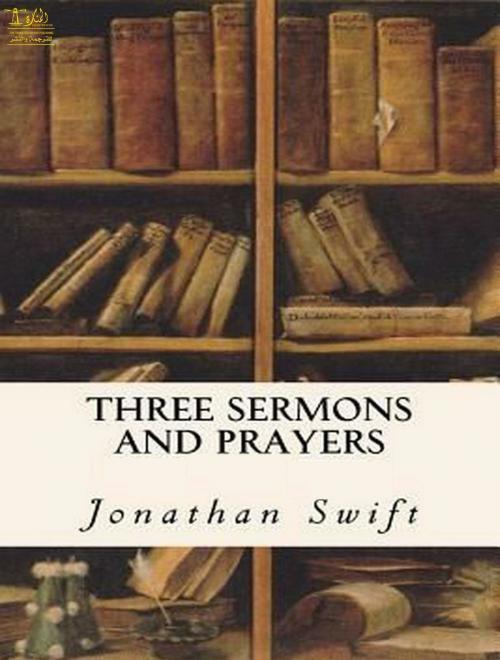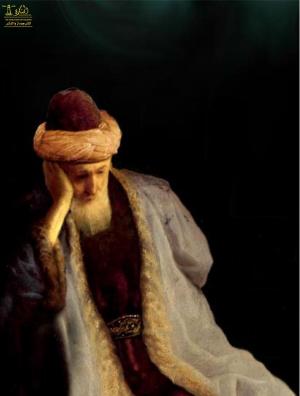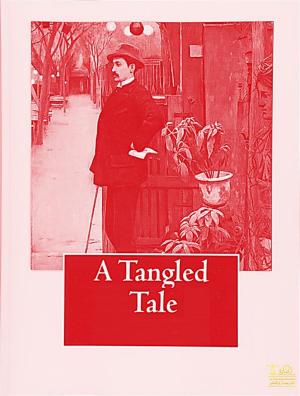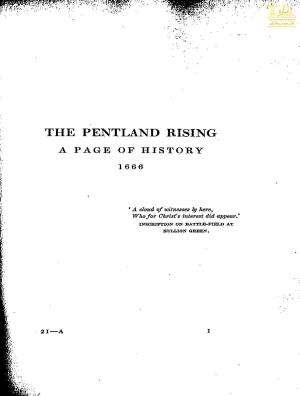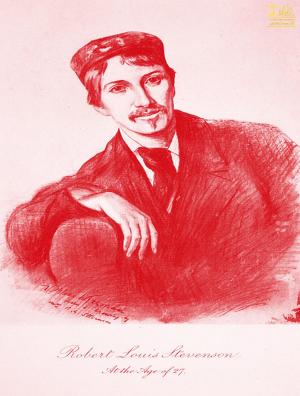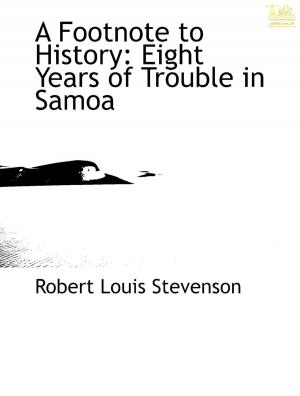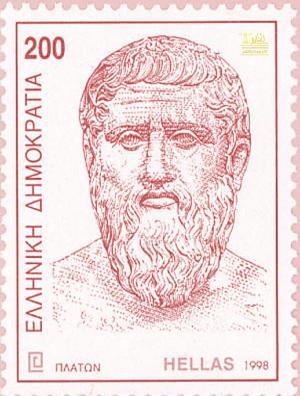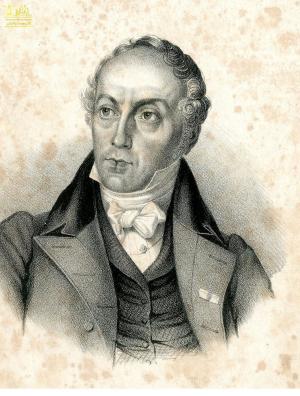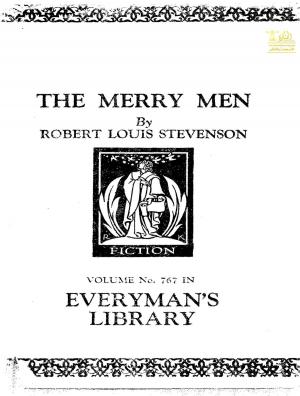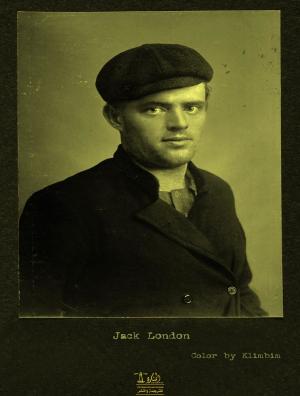Three Prayers and Sermons
Nonfiction, Entertainment, Drama, Anthologies, Fiction & Literature, Literary Theory & Criticism| Author: | Jonathan Swift | ISBN: | 9780599687196 |
| Publisher: | Lighthouse Books for Translation Publishing | Publication: | May 9, 2019 |
| Imprint: | Lighthouse Books for Translation and Publishing | Language: | English |
| Author: | Jonathan Swift |
| ISBN: | 9780599687196 |
| Publisher: | Lighthouse Books for Translation Publishing |
| Publication: | May 9, 2019 |
| Imprint: | Lighthouse Books for Translation and Publishing |
| Language: | English |
Almighty and most gracious Lord God, extend, we beseech Thee, Thy pity and compassion toward this Thy languishing servant; teach her to place her hope and confidence entirely in Thee; give her a true sense of the emptiness and vanity of all earthly things; make her truly sensible of all the infirmities of her life past.
Jonathan Swift was an Irish author and satirist. Best known for writing Gulliver's Travels, he was dean of St. Patrick's Cathedral in Dublin.
Born on November 30, 1667, Irish author, clergyman and satirist Jonathan Swift grew up fatherless. Under the care of his uncle, he received a bachelor's degree from Trinity College and then worked as a statesman's assistant. Eventually, he became dean of St. Patrick's Cathedral in Dublin. Most of his writings were published under pseudonyms. He best remembered for his 1726 book Gulliver's Travels.
Irish author and satirist Jonathan Swift was born in Dublin, Ireland on November 30, 1667. His father, an attorney, also named Jonathan Swift, died just two months before he arrived. Without steady income, his mother struggled to provide for her newborn. Moreover, Swift was a sickly child. It was later discovered that he suffered from Meniere's Disease, a condition of the inner ear that leaves the afflicted nauseous and hard of hearing. In an effort to give her son the best upbringing possible, Swift's mother gave him over to Godwin Swift, her late husband's brother and a member of the respected professional attorney and judges group Gray's Inn. Godwin Swift enrolled his nephew in the Kilkenny Grammar School (1674–1682), which was perhaps the best school in Ireland at the time. Swift's transition from a life of poverty to a rigorous private school setting proved challenging. He did, however, make a fast friend in William Congreve, the future poet and playwright.
At age 14, Swift commenced his undergraduate studies at Trinity College in Dublin. In 1686, he received a Bachelor of Arts degree, and went on to pursue a master's. Not long into his research, huge unrest broke out in Ireland. The king of Ireland, England and Scotland was soon to be overthrown. What became known as the Glorious Revolution of 1688 spurred Swift to move to England and start anew. His mother found a secretary position for him under the revered English statesman, Sir William Temple. For 10 years, Swift worked in Surrey's Moor Park and acted as an assistant to Temple, helping him with political errands, and also in the researching and publishing of his own essays and memoirs. Temple was impressed by Swift's abilities and after a time, entrusted him with sensitive and important tasks.
During his decade of work for Temple, Swift returned to Ireland twice. On a trip in 1695, he took all necessary requirements to become an ordained priest in the Anglican tradition. Under Temple's influence, he also began to write, first short essays and then a manuscript for a later book. In 1699, Temple died. Swift completed the task of editing and publishing his memoirs—not without disputes by several of Temple's family members—and then, grudgingly, accepted a less prominent post as secretary and chaplain to the Earl of Berkeley. After making the long journey to the Earl's estate, Swift was informed the position had been filled. Discouraged but resourceful, he leaned on his priestly qualifications and found work ministering to a pea-sized congregation just 20 miles outside of Dublin. For the next 10 years, he gardened, preached and worked on the house provided to him by the church. He also returned to writing. His first political pamphlet was titled A Discourse on the Contests and Dissentions in Athens and Rome.
Almighty and most gracious Lord God, extend, we beseech Thee, Thy pity and compassion toward this Thy languishing servant; teach her to place her hope and confidence entirely in Thee; give her a true sense of the emptiness and vanity of all earthly things; make her truly sensible of all the infirmities of her life past.
Jonathan Swift was an Irish author and satirist. Best known for writing Gulliver's Travels, he was dean of St. Patrick's Cathedral in Dublin.
Born on November 30, 1667, Irish author, clergyman and satirist Jonathan Swift grew up fatherless. Under the care of his uncle, he received a bachelor's degree from Trinity College and then worked as a statesman's assistant. Eventually, he became dean of St. Patrick's Cathedral in Dublin. Most of his writings were published under pseudonyms. He best remembered for his 1726 book Gulliver's Travels.
Irish author and satirist Jonathan Swift was born in Dublin, Ireland on November 30, 1667. His father, an attorney, also named Jonathan Swift, died just two months before he arrived. Without steady income, his mother struggled to provide for her newborn. Moreover, Swift was a sickly child. It was later discovered that he suffered from Meniere's Disease, a condition of the inner ear that leaves the afflicted nauseous and hard of hearing. In an effort to give her son the best upbringing possible, Swift's mother gave him over to Godwin Swift, her late husband's brother and a member of the respected professional attorney and judges group Gray's Inn. Godwin Swift enrolled his nephew in the Kilkenny Grammar School (1674–1682), which was perhaps the best school in Ireland at the time. Swift's transition from a life of poverty to a rigorous private school setting proved challenging. He did, however, make a fast friend in William Congreve, the future poet and playwright.
At age 14, Swift commenced his undergraduate studies at Trinity College in Dublin. In 1686, he received a Bachelor of Arts degree, and went on to pursue a master's. Not long into his research, huge unrest broke out in Ireland. The king of Ireland, England and Scotland was soon to be overthrown. What became known as the Glorious Revolution of 1688 spurred Swift to move to England and start anew. His mother found a secretary position for him under the revered English statesman, Sir William Temple. For 10 years, Swift worked in Surrey's Moor Park and acted as an assistant to Temple, helping him with political errands, and also in the researching and publishing of his own essays and memoirs. Temple was impressed by Swift's abilities and after a time, entrusted him with sensitive and important tasks.
During his decade of work for Temple, Swift returned to Ireland twice. On a trip in 1695, he took all necessary requirements to become an ordained priest in the Anglican tradition. Under Temple's influence, he also began to write, first short essays and then a manuscript for a later book. In 1699, Temple died. Swift completed the task of editing and publishing his memoirs—not without disputes by several of Temple's family members—and then, grudgingly, accepted a less prominent post as secretary and chaplain to the Earl of Berkeley. After making the long journey to the Earl's estate, Swift was informed the position had been filled. Discouraged but resourceful, he leaned on his priestly qualifications and found work ministering to a pea-sized congregation just 20 miles outside of Dublin. For the next 10 years, he gardened, preached and worked on the house provided to him by the church. He also returned to writing. His first political pamphlet was titled A Discourse on the Contests and Dissentions in Athens and Rome.
